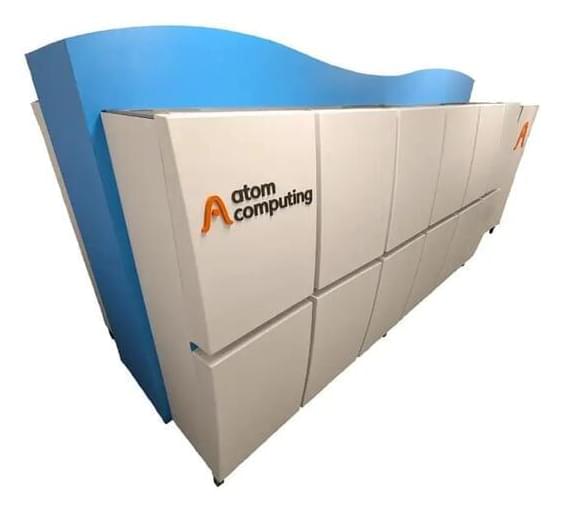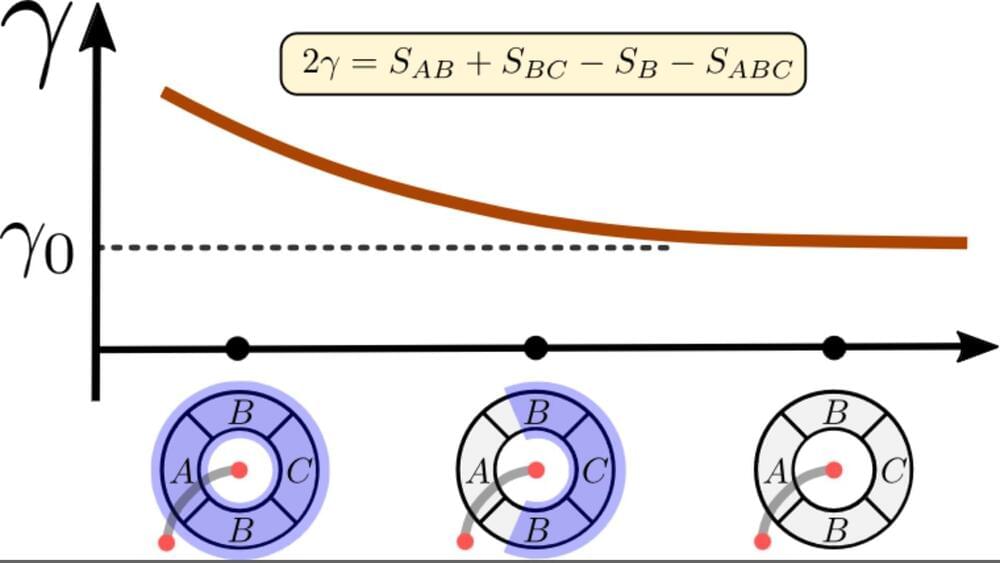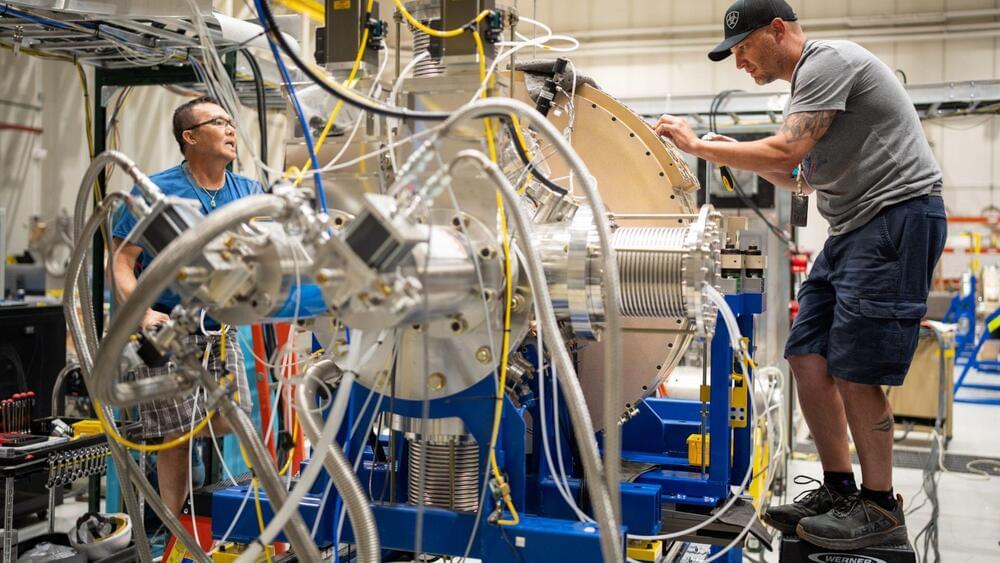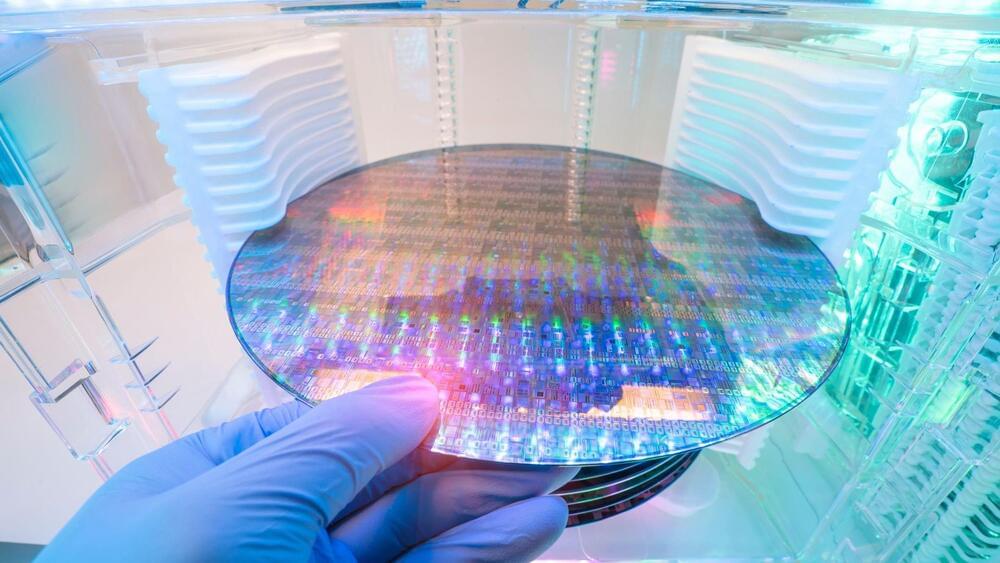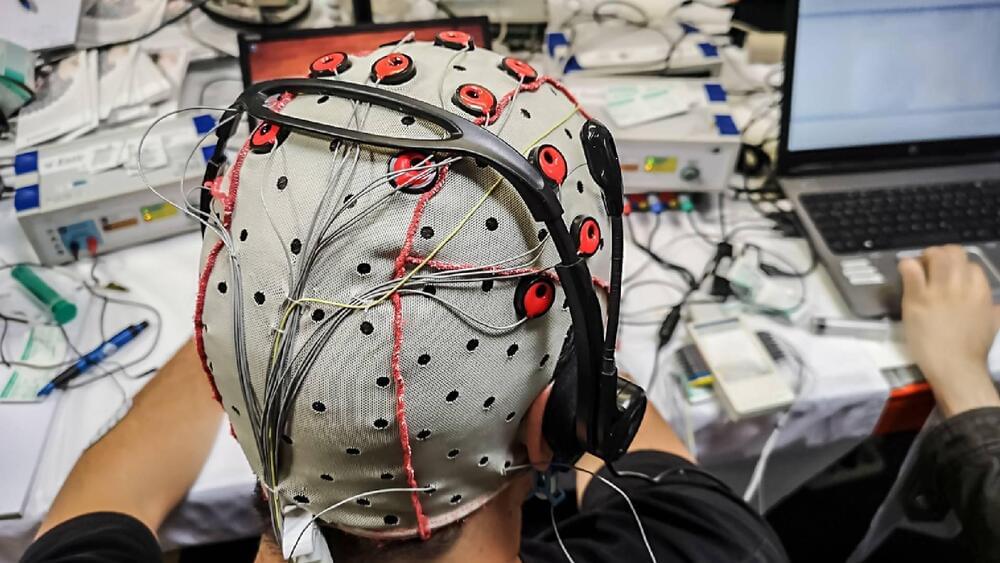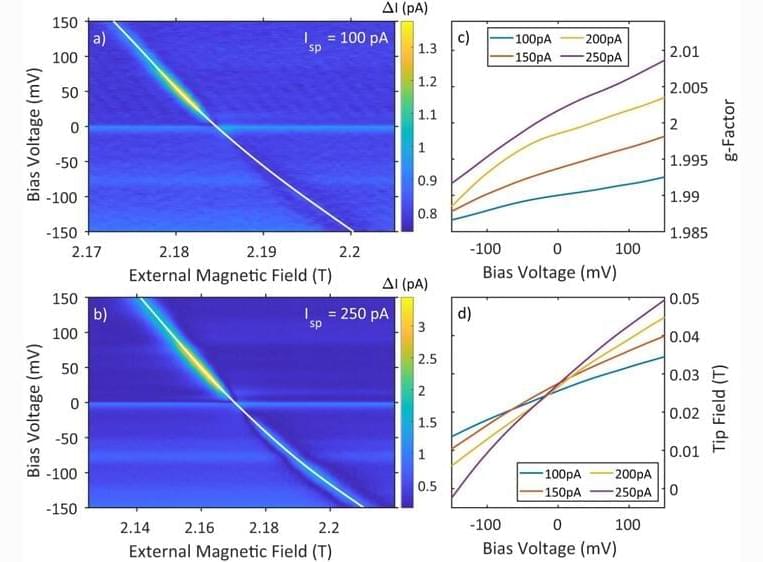Quantum computers of the future hold promise in solving all sorts of problems. For example, they could lead to more sustainable materials and new medicines, and even crack the hardest problems in fundamental physics. But compared to the classical computers in use today, rudimentary quantum computers are more prone to errors. Wouldn’t it be nice if researchers could just take out a special quantum eraser and get rid of the mistakes?
Reporting in the journal Nature, a group of researchers led by Caltech is among the first to demonstrate a type of quantum eraser. The physicists show that they can pinpoint and correct for mistakes in quantum computing systems known as “erasure” errors.
“It’s normally very hard to detect errors in quantum computers, because just the act of looking for errors causes more to occur,” says Adam Shaw, co-lead author of the new study and a graduate student in the laboratory of Manuel Endres, a professor of physics at Caltech. “But we show that with some careful control, we can precisely locate and erase certain errors without consequence, which is where the name erasure comes from.”
